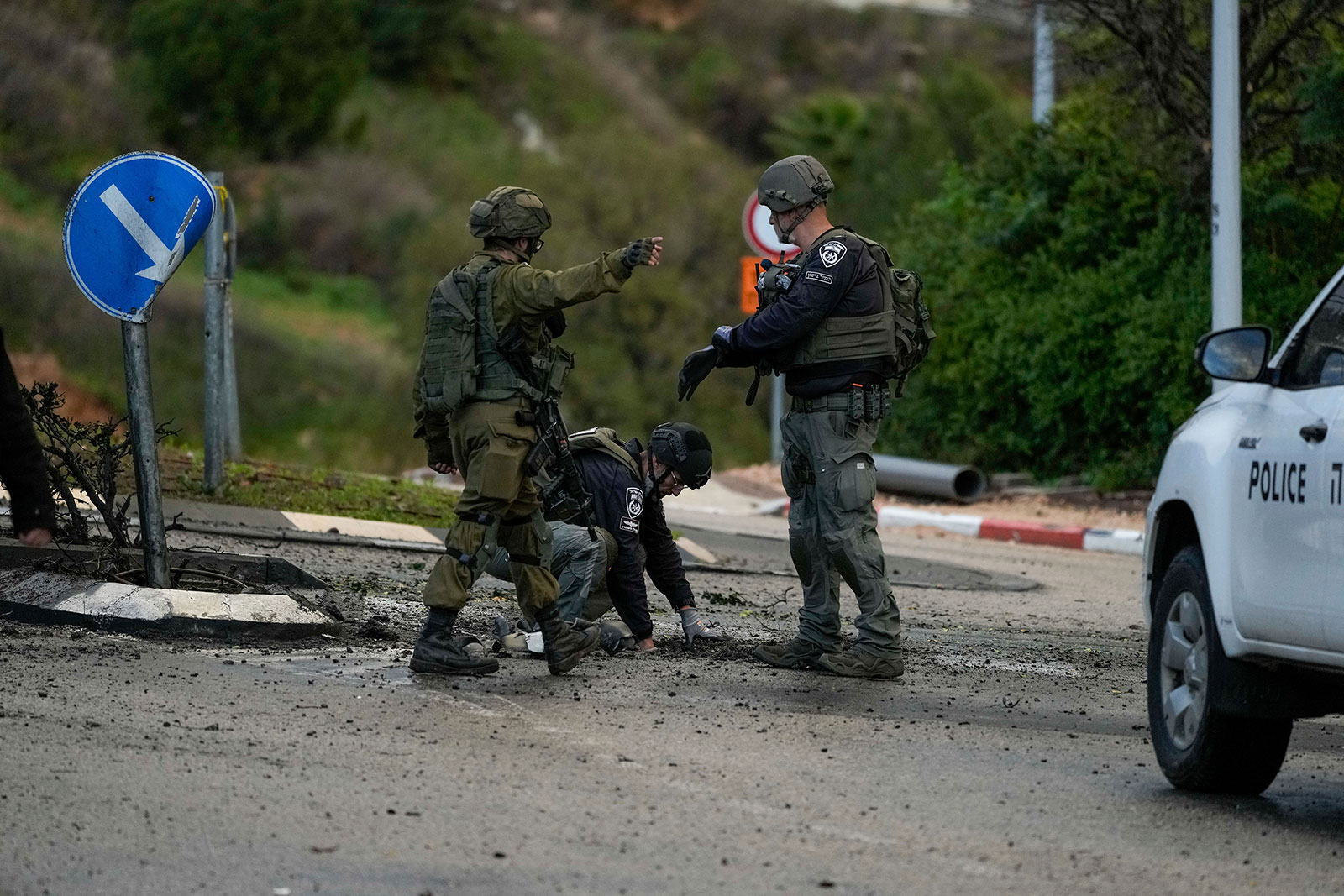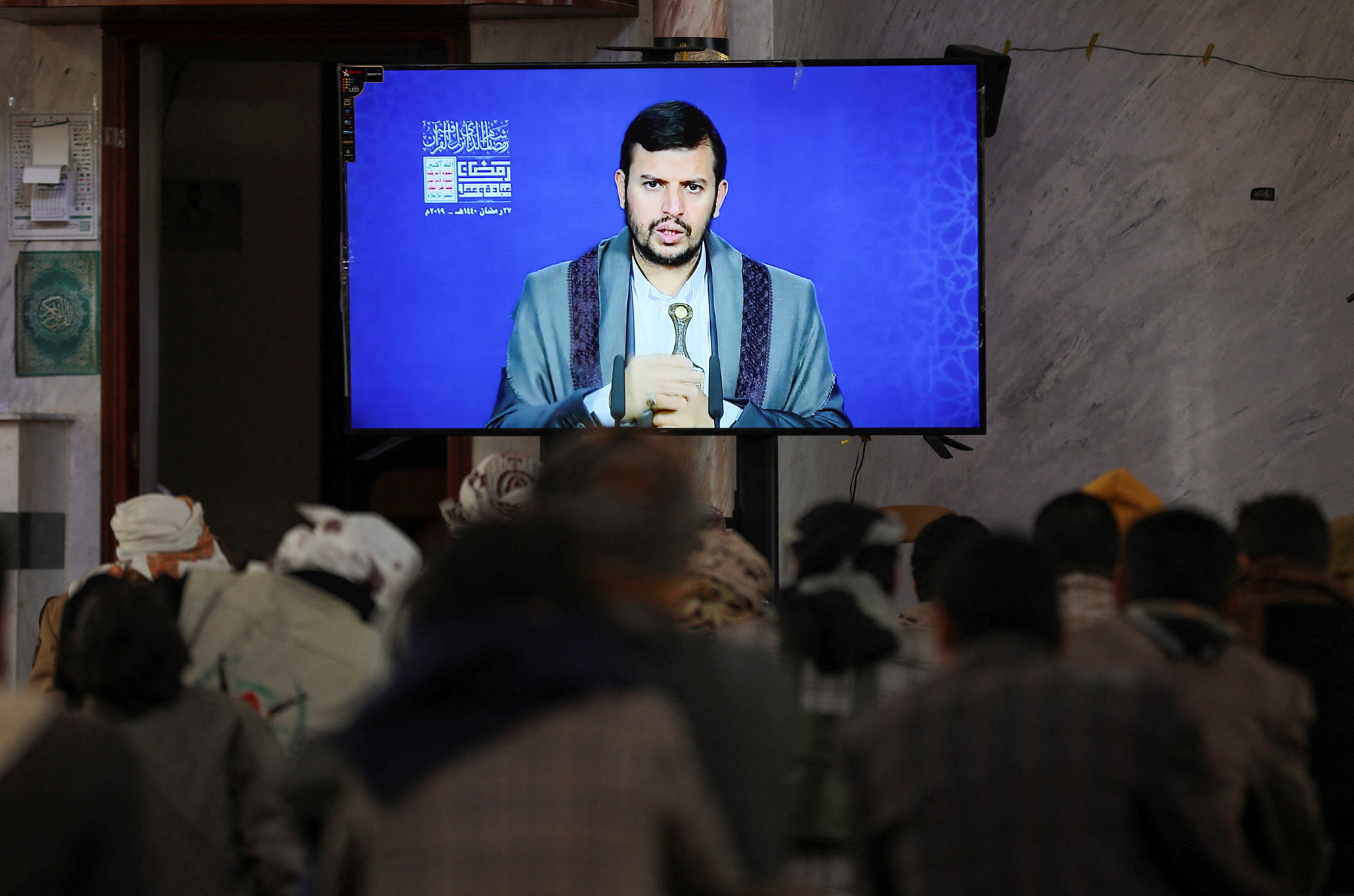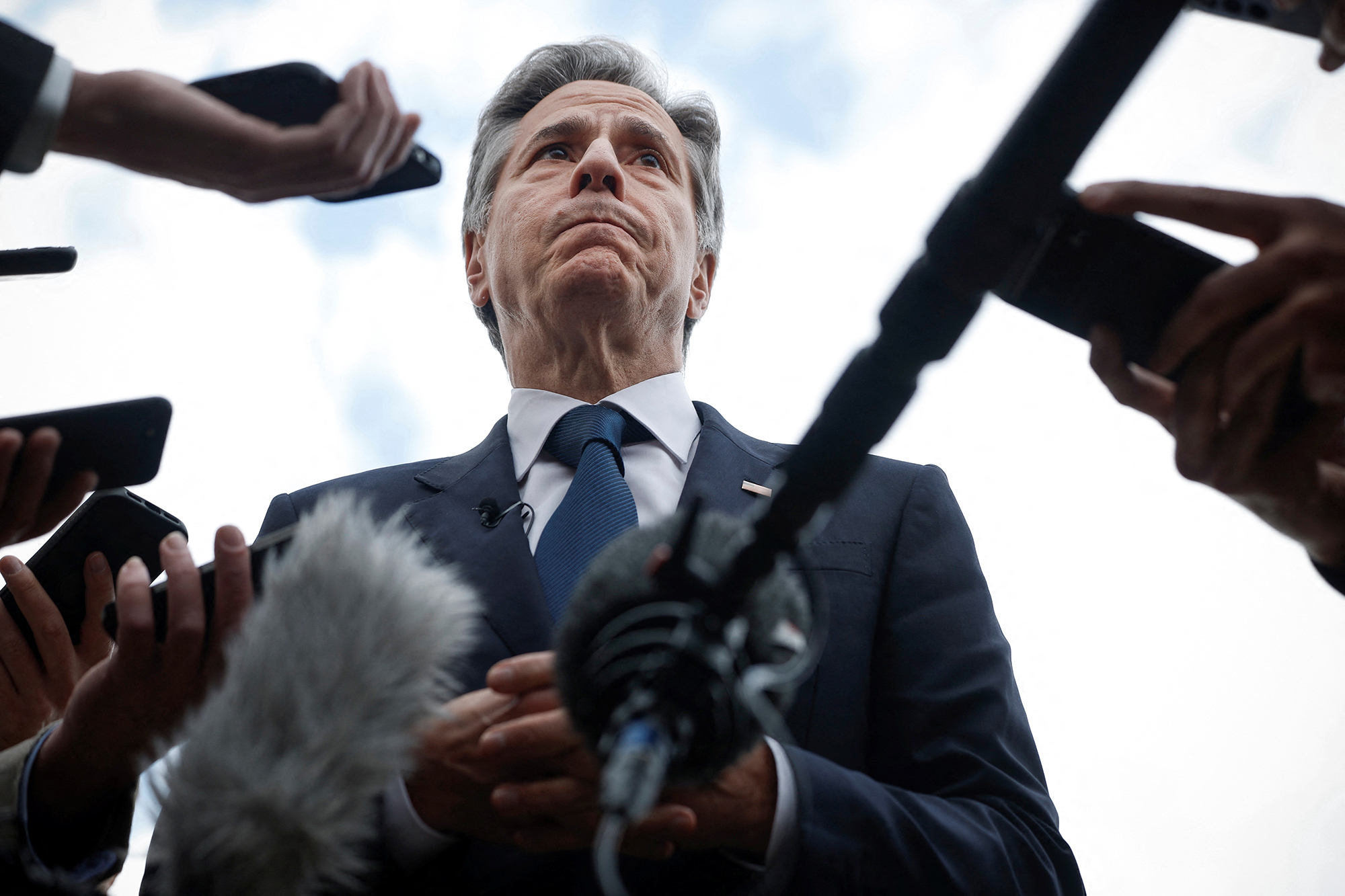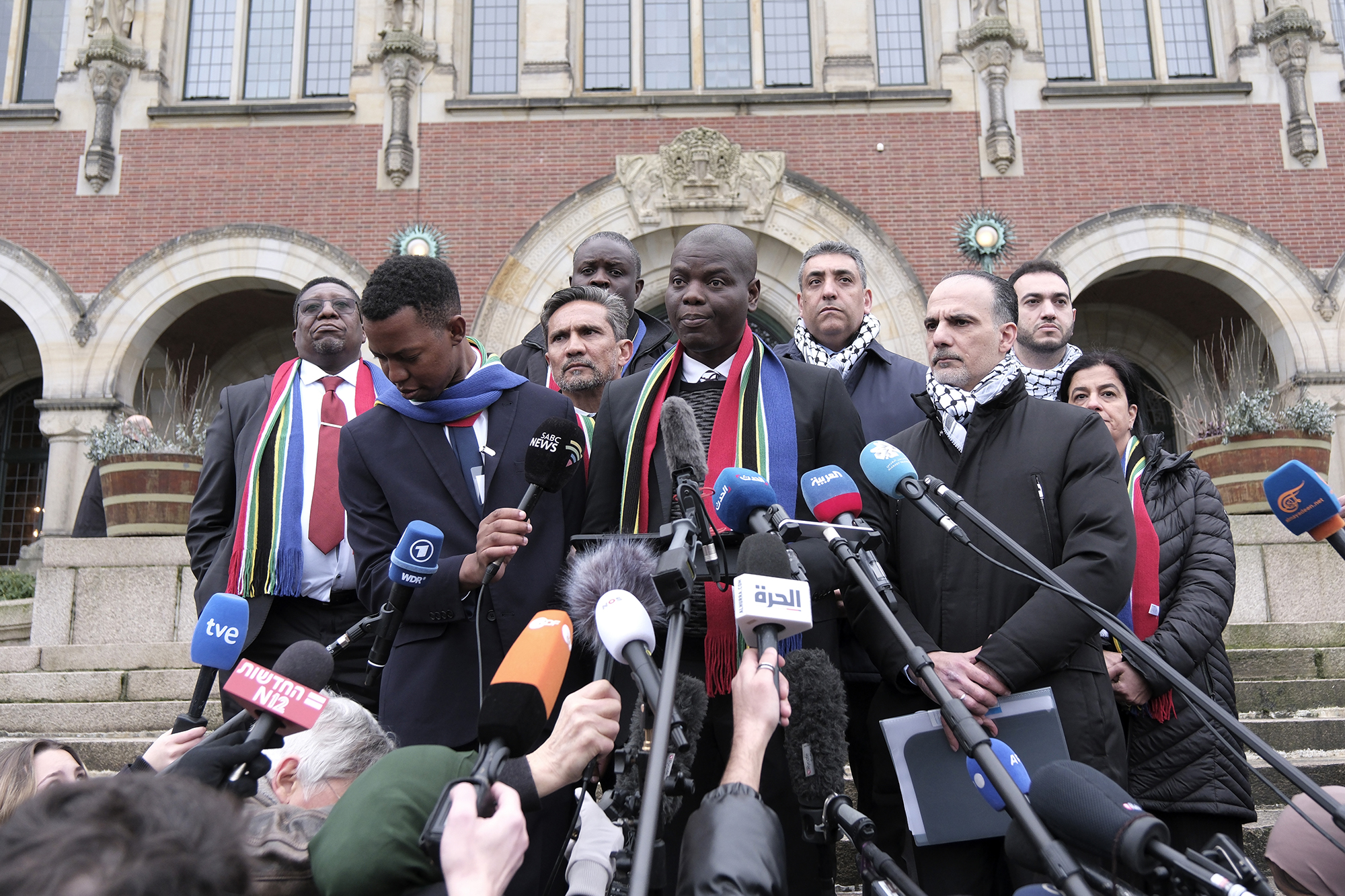Iran’s permanent mission to the United Nations said in a statement to CNN that the seizure of a crude tanker by the Iranian army on Thursday does not constitute hijacking, but is rather a “lawful undertaking sanctioned by a court order.”
A vessel was boarded Thursday by at least four armed people in the Gulf of Oman and has diverted its course toward Iranian territorial waters, according to the United Kingdom Maritime Trade Operations.
The ship’s company security officer reported hearing unknown voices over the phone, after which communications with the vessel were lost, UKMTO said. The reported seizure happened early Thursday morning (around 10:30 p.m. ET Wednesday) in waters between Iran and Oman.
Islamic Revolutionary Guard Corps-associated media outlet Tasnim News Agency said that Iran had seized the tanker and is transferring it to an Iranian port, in retaliation for the United States confiscating the same vessel and its oil last year.
Tasnim cited a statement from the Iranian Navy saying the seizure came after an order from an Iranian court.
“This tanker whose name was changed to ST Nicholas and carrying oil in the Oman sea was seized in retaliation for the theft of oil by the American regime, with an order from the judicial courts, and is being transferred to ports of the Islamic Republic to be delivered to the judicial authorities,” it said.
A maritime monitoring website, Tanker Trackers, said the vessel seized was a Marshall Islands-flagged crude oil tanker named St Nikolas, formerly known as the Suez Rajan.
The Suez Rajan, which was at the center of a dispute between the United States and Iran, was seized by the US government last year after a court found that it was used to “covertly sell and transport Iranian oil to a customer abroad,” the US Department of Justice said in a press release.
The seizing of the vessel was described by the Iranian mission to the UN as "a lawful undertaking sanctioned by a court order". They said it "corresponds to the theft of Iran's very own oil. Adhering to the established legal procedures is the most prudent approach for the resolution of this matter."
Some context: There are international concerns that the conflict in Gaza could spill into the wider Middle East region.
Adding to this concern is the actions of Yemen’s Iran-backed Houthi rebels, who are stepping up their strikes on ships in the Red Sea, which they say is revenge against Israel for its military campaign on Hamas in Gaza.
On Tuesday, the US Navy shot down 21 Houthi missiles and drones launched from Yemen, according to a statement from US Central Command, in one of the largest Houthi attacks to take place in the Red Sea in recent months.
The attacks have forced some of the world’s biggest shipping and oil companies to suspend transit through one of the world’s most important maritime trade routes, which could potentially cause a shock to the global economy.
CNN’s Mostafa Salem in Abu Dhabi contributed to this reporting.






